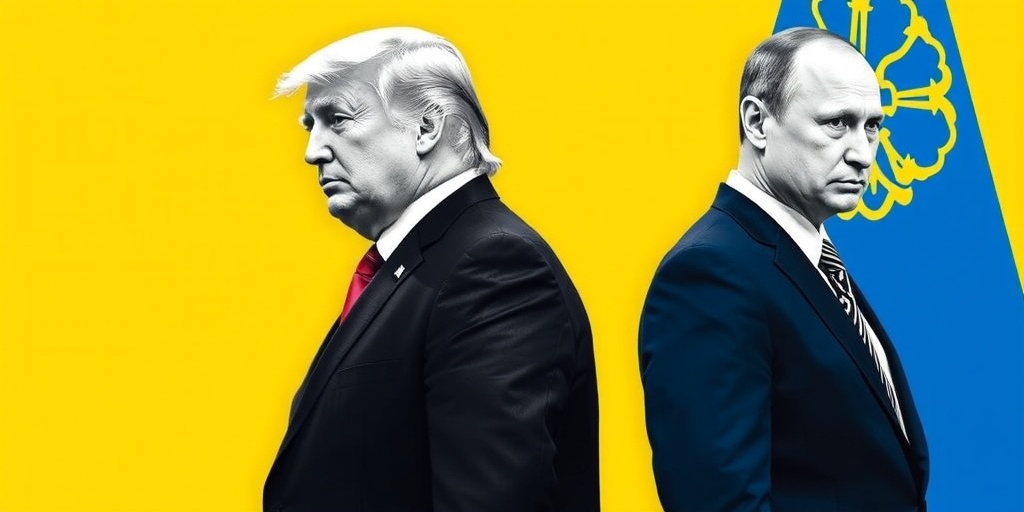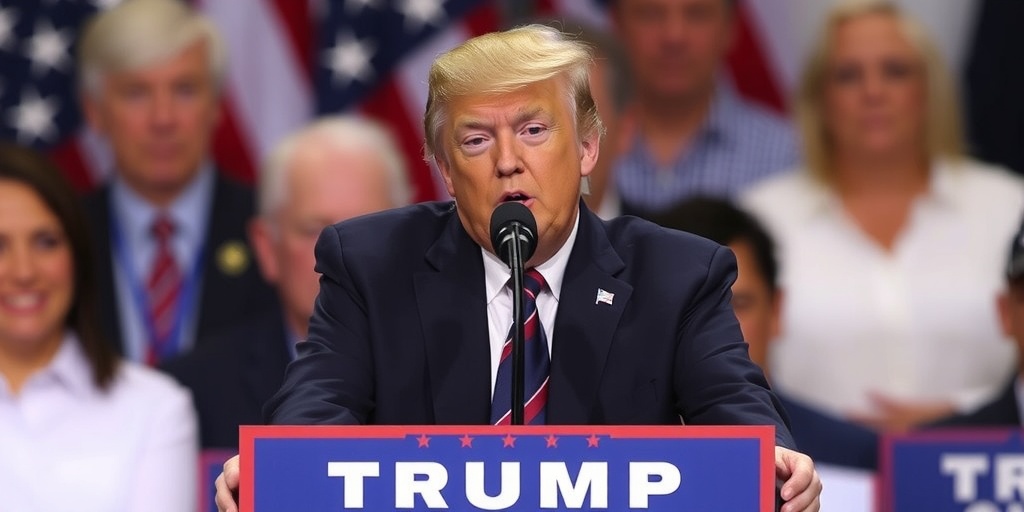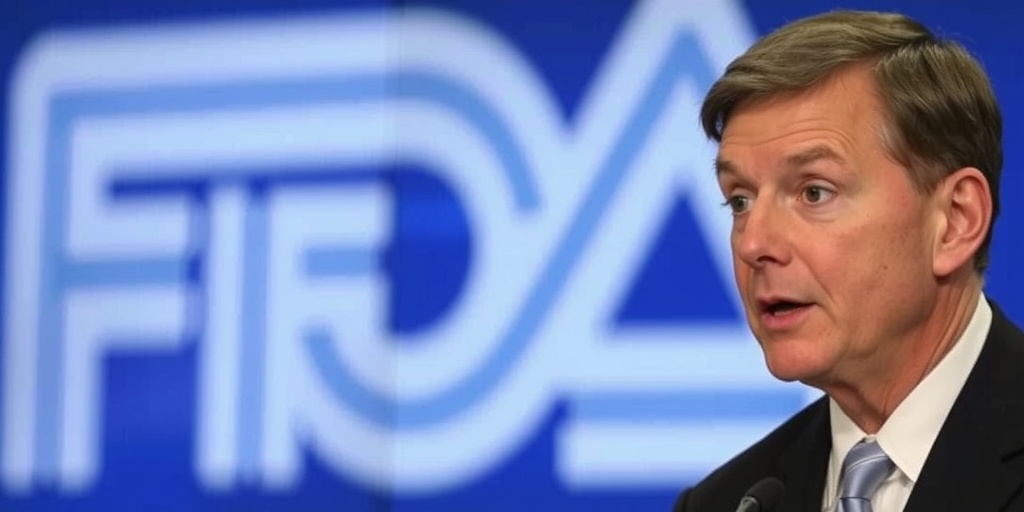Now Reading: Trump and Putin to Discuss Ukraine’s Losses
-
01
Trump and Putin to Discuss Ukraine’s Losses
Trump and Putin to Discuss Ukraine’s Losses

Trump and Putin: Negotiating a New Order in Ukraine
In a striking parallel to historical diplomatic moments, President Donald Trump has articulated the nature of his upcoming phone conversation with Russian President Vladimir V. Putin as potentially akin to a modern-day Yalta Conference. While Trump did not explicitly reference the 1945 meeting in which Allied leaders divided Europe into spheres of influence post-World War II, he did underscore a significant agenda: determining Russia’s territorial gains in Ukraine amidst ongoing conflict.
During his recent remarks aboard Air Force One, Trump indicated that the primary focus of his scheduled discussion with Putin would revolve around ceasing hostilities and negotiating the territorial stakes involved. This conversation comes after years of conflict that began with Russia’s annexation of Crimea in 2014 and has escalated into a full-scale invasion. Recent statements from White House officials suggest that, despite international condemnation, Crimea is likely to remain under Russian control, pointing to the possibility that much of the contested territories gained during the war might also be recognized as Russian holdings.
The context of these negotiations comes amidst a complex backdrop of European politics and U.S. foreign relations. Officials from the Trump administration have sought to reassure Ukrainian leaders and their European allies that discussions with Russia are being conducted transparently. However, the nature of the direct communication between Trump and Putin raises questions about the inclusiveness and validity of any agreements made without broader international input.
Trump has remained vague regarding the specific arrangement he anticipates discussing, yet he hinted at the significant "land" involved, noting changes in territorial control resulting from the conflict. He alluded to essential assets, including power plants—specifically referencing the Zaporizhzhia nuclear power plant, which has been under Russian occupation since the invasion commenced. The implications of such conversations are profound, as they signal not only a potential restructuring of borders in Eastern Europe but also a reconsideration of the international norms surrounding state sovereignty and territorial integrity.
Furthermore, national security adviser Michael Waltz expressed a pragmatic outlook on the negotiations, suggesting that the priority should be to bring an end to hostilities, even at the expense of allowing Russia to maintain a foothold in Ukraine. He previously championed Ukraine’s sovereignty, but in his current role, he seems to be advocating for a resolution that could possibly mark a significant concession to Russian objectives.
Amid these discussions, there remains a critical uncertainty regarding the broader involvement of Ukraine and major European powers in any final agreement. The prospect of European nations providing troop support as peacekeepers is on the table, yet it is unclear whether such an arrangement would gain Putin’s approval. This potential international military presence could serve as a security guarantee for Ukraine, but its effectiveness would heavily rely on the participation of the United States in the security landscape.
Recent actions by the Trump administration signal a willingness to recalibrate America’s stance towards Russia. Reports indicate that the U.S. is withdrawing from a multinational initiative aimed at holding accountable those responsible for the invasion, including high-level Russian officials. Moreover, there has been a reduction in the work being done by the Justice Department’s War Crimes Accountability Team established under the Biden administration, which was meant to pursue justice for war crimes committed during the conflict. These actions suggest a broader strategic pivot aimed at facilitating a diplomatic resolution with Russia.
Professors and political observers are already drawing parallels between the current geopolitical landscape and that of the post-World War II era. Commentators have noted that, much like at Yalta, countries are attempting to redefine their positions within a new world order, often through bilateral negotiations that sideline traditional alliances. This mirrors sentiments expressed by Monica Duffy Toft, an international politics expert, who described the current moment as reflective of power dynamics where major global players negotiate territory based on their overarching ambitions, similar to the agreements made at Yalta.
As these negotiations unfold, questions about the implications of rewarding Russia for its prolonged aggression linger. The decisions made in the coming weeks could set precedents for future international conflicts, especially with rising tensions in the Asia-Pacific region and the ambitions of nations like China regarding territories such as Taiwan.
Ultimately, Trump’s impending call with Putin may not just serve as a negotiation over land but could also act as a litmus test for the future of international diplomacy, revealing how the actions of powerful nations shape both regional stability and global order in an era defined by conflict, negotiation, and national interest computation.
Stay Informed With the Latest & Most Important News
Previous Post
Next Post
-
 01New technology breakthrough has everyone talking right now
01New technology breakthrough has everyone talking right now -
 02Unbelievable life hack everyone needs to try today
02Unbelievable life hack everyone needs to try today -
 03Fascinating discovery found buried deep beneath the ocean
03Fascinating discovery found buried deep beneath the ocean -
 04Man invents genius device that solves everyday problems
04Man invents genius device that solves everyday problems -
 05Shocking discovery that changes what we know forever
05Shocking discovery that changes what we know forever -
 06Internet goes wild over celebrity’s unexpected fashion choice
06Internet goes wild over celebrity’s unexpected fashion choice -
 07Rare animal sighting stuns scientists and wildlife lovers
07Rare animal sighting stuns scientists and wildlife lovers




















